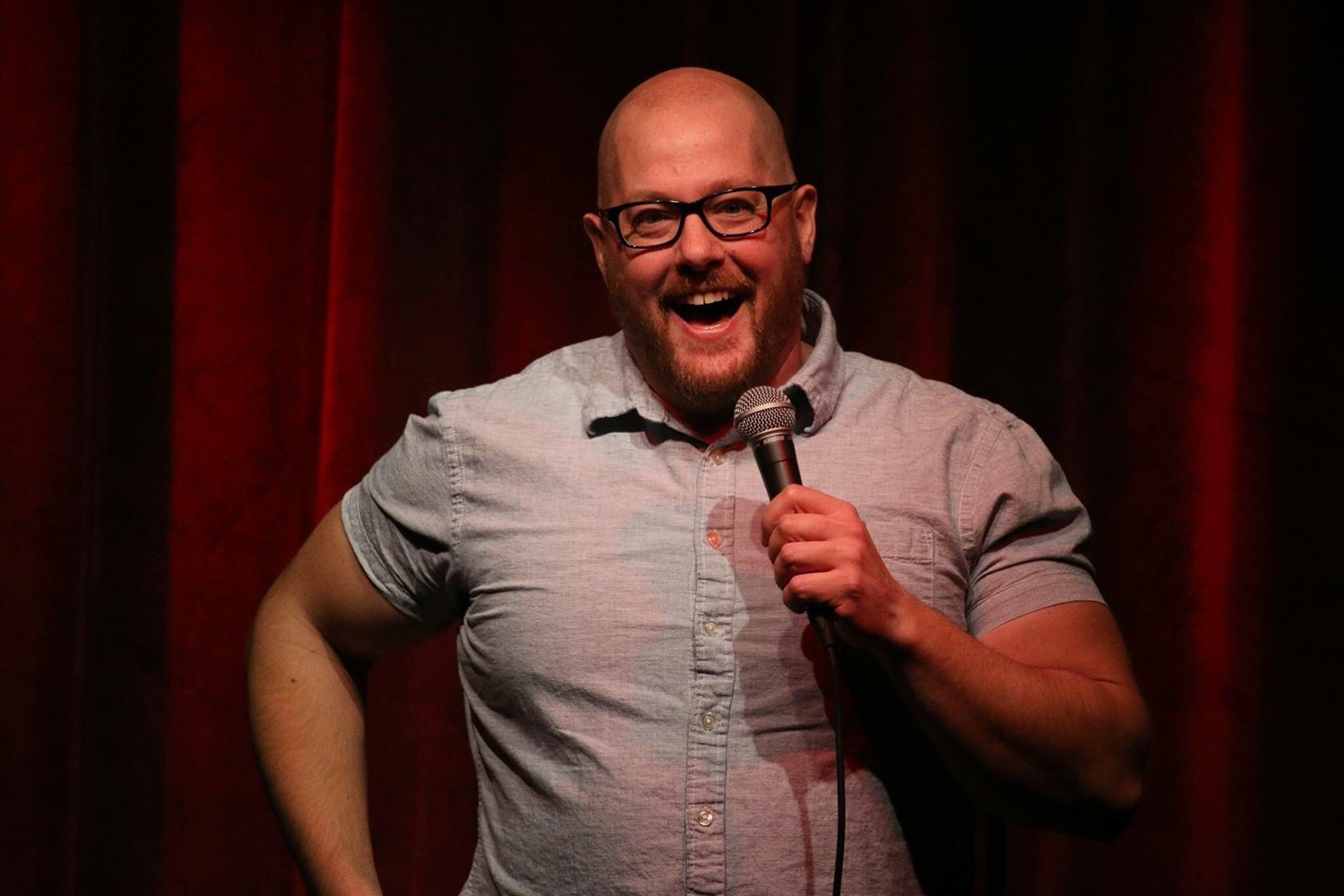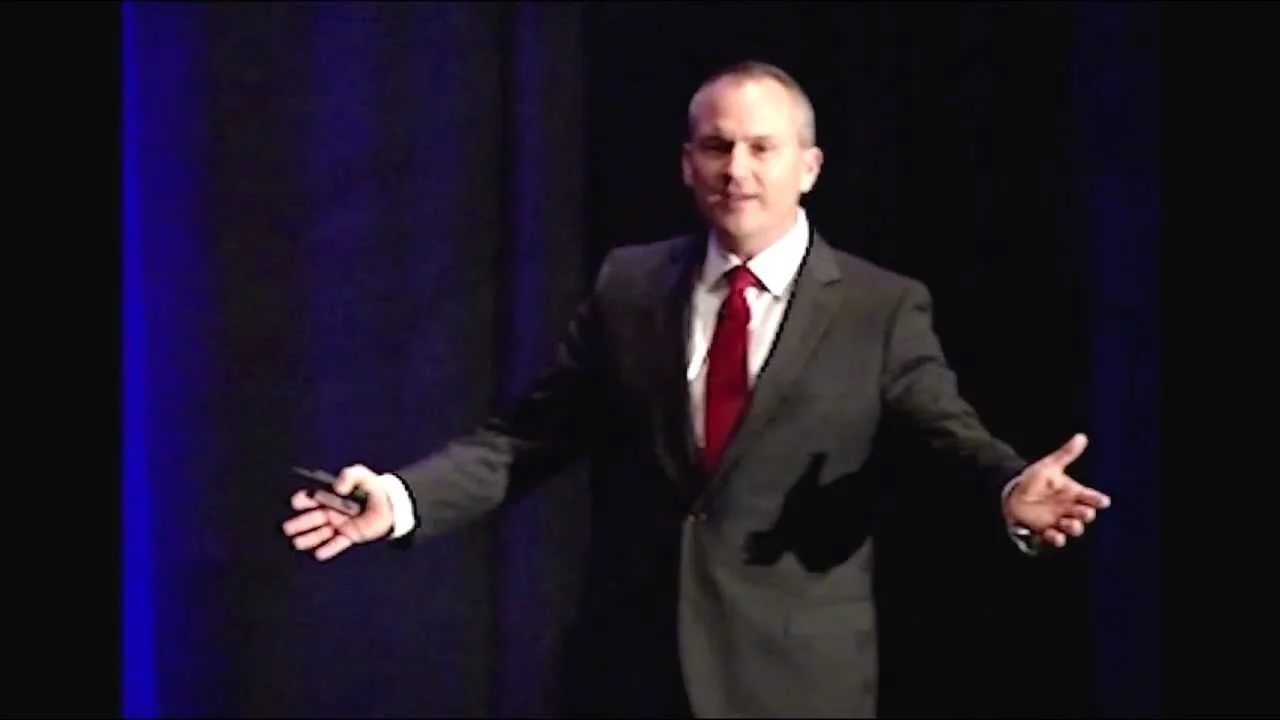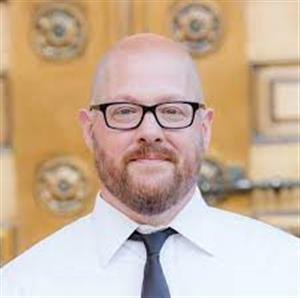Join Ed and Ron for our interview with EisnerAmper’s Chairman and CEO, Michael Breit, for a discussion of private equity in accounting, including how EisnerAmper’s changed its governance structure. We'll also discuss the advantages and disadvantages of these alternative structures, and how private equity will impact the future of firms.
About Michael Breit
Michael Breit is Chairman and CEO of EisnerAmper LLP (attest firm), and a Partner at Eisner Advisory Group LLC. With more than 35 years of public accounting experience he has held leadership positions throughout his career at EisnerAmper, including Vice Chair –Strategic Relationships, Regional Managing Partner, Partner-in-Charge of the New York office, and Audit and Assurance leader. Prior to joining EisnerAmper, Michael was a Partner at a Big 4 accounting firm. Michael has extensive Securities and Exchange Commission experience and has been involved in the initial public offerings of several premier broadcasters and cable TV operators. He has participated in numerous due diligence efforts relating to the formation of programming ventures and acquisition of sports franchises. Michael has also led cable TV defalcation investigations, serving as an expert witness in several arbitration and litigation matters. In addition, he possesses significant retail experience. Over the years, Michael has led or participated in numerous leadership programs including an Executive development and leadership training program at the Harvard Business School. Michael served a two-year residency in the national office of a Big 4 accounting firm where he monitored the profession’s standards setting bodies and followed a wide range of accounting and reporting issues. Michael is a frequent guest speaker on sports and entertainment issues on national and regional radio and television programs.
Use these AI generated show notes to follow along with the audio:
(Our social media guy was on PTO — he asked us and filed the request in triplicate)
Accounting and Private Equity Conversation
The meeting involved a conversation between Ed, Michael, and Ron, focusing on private equity and accounting. Michael, who is the chairman and CEO of EisnerAmper and a partner at Eisner Advisory Group, shared his professional journey and experiences in the accounting industry. The participants also addressed technical issues such as microphone settings and adjustments to audio inputs. Towards the end, the discussion shifted to the topic of private equity and accounting.
Private Equity Investment in Accounting Firms
Ron and Michael discussed the attractiveness of accounting firms for private equity investment, with Michael highlighting the steady cash flow, low risk, and year-round revenue. They also explored Michael's firm's deal with a private equity firm, Eisner Amper, which was structured through an alternative practice structure to navigate independence concerns. Michael shared the advantages of this partnership, such as increased technology investment and access to capital and know-how. He also noted the recruitment benefits, as the deal offered a new narrative for potential hires. Looking ahead, Michael mentioned the potential for a future monetization event, but was uncertain about the specifics of the exit strategy.
Technology and Independence in Auditing
Michael, Chairman and CEO of Eisner Amper, LLP, discussed the company's plans to leverage technology for innovation, particularly in auditing. He mentioned the development of a new audit methodology called the Dynamic Audit Solution Ordaz, which incorporates AI components and aims to move away from a traditional checklist mentality. Michael also mentioned the implementation of a new ERP system, SAP, and the company's commitment to continuous auditing. He addressed concerns about maintaining independence in the auditing process, emphasizing the company's strict guidelines to ensure independence and independence in appearance. Additionally, he discussed the company's growth and the benefits it brings to their clients, such as greater resources, technology advancements, and a wider range of services.
Accounting Talent Attraction Strategies
Ed and Michael discussed the challenges faced by the accounting profession in attracting new talent. Michael suggested that adjusting the 150-hour credit rule and increasing starting salaries could help attract more students. They also discussed the potential of allowing for career changes into the accounting profession, especially for those without an accounting degree. Michael emphasized the importance of addressing concerns about compensation to retain talent. The conversation concluded with a discussion about the potential benefits of private equity involvement in the accounting sector, with Michael highlighting the importance of maintaining a strong firm culture.
Private Equity, AI, and Accounting Standards
Ron and Michael discussed the influence of private equity on accounting firms, including an increase in billing and realization rates. Michael explained that private equity raises the bar for firms to perform at their highest level and expects results, but also provides support and guidance. They also touched on the use of AI in auditing, with Michael mentioning that their CIO is leading a significant AI initiative. The topic of employee stock ownership plans (ESOPs) came up, with Michael revealing that it was not considered by Eisner but recognized as a beneficial strategy by other firms. They also discussed the state of the auditing profession, with Michael emphasizing the importance of maintaining a high standard of excellence. Lastly, Michael shared his advice for young individuals considering a career in accounting, highlighting the diverse nature of the profession and the opportunities for advancement.
Sports, Business, and Family: A Lively Discussion
The conversation primarily revolved around sports, with a particular focus on the Islanders. Ed and Michael discussed Michael's 2018 blog post about the future of sports, which included predictions about UFC's potential growth. They also shared personal anecdotes about family members involved in sports. The discussion then shifted to the business of sports, with topics such as esports, sports gambling, streaming, virtual reality, and the potential impact of the Covid-19 pandemic. They also explored the possibility of individual team subscriptions and the future of 360-degree cameras in stadiums. The conversation concluded with a light-hearted debate on the designated hitter rule in baseball.
Upcoming Show, Accounting Conferences, and Political Speculation
Ed, Ron, and Michael discussed their upcoming show and possible guests, including a suggestion to use 360-degree cameras for recording sports games for VR viewing. They also shared plans to attend accounting conferences and engaged in a wide-ranging conversation about politics and the upcoming election. They speculated about potential vice presidential candidates, expressed concerns about the extremism of the candidates emerging from the primary system, and discussed the potential of Aaron Rodgers and Rand Paul being considered for the position. The conversation concluded with concerns about RFK's views on the role of government in business.
Bonus Content is Available As Well
Did you know that each week after our live show, Ron and Ed take to the microphone for a bonus show? Typically, this bonus show is an extension of the live show topic (sometimes even with the same guest) and a few other pieces of news, current events, or things that have caught our attention.
Click the “FANATIC” image to learn more about pricing and member benefits.





























